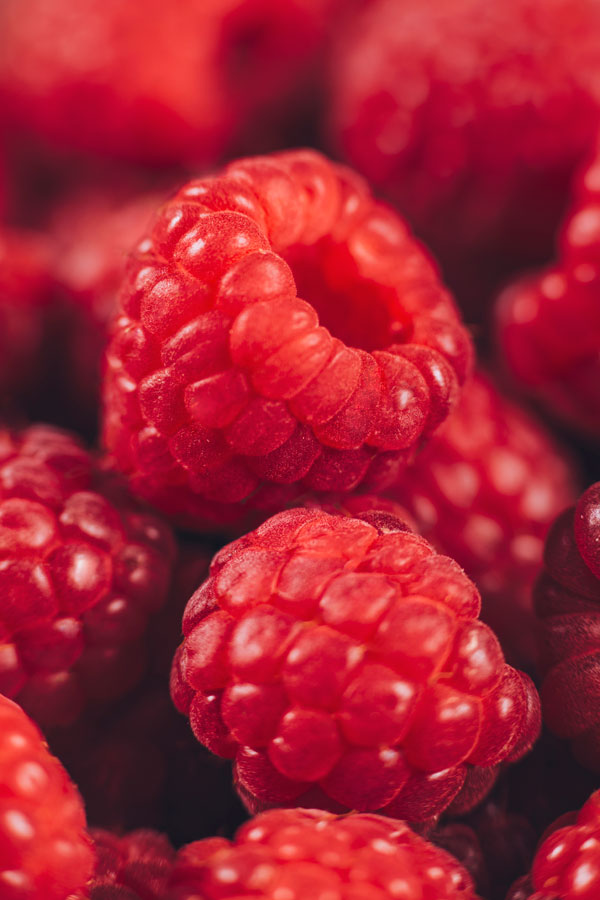Treatment For Bulimia Eating Disorder And How To Break The Cycle
What is Bulimia?
Bulimia nervosa, commonly called bulimia, is an eating disorder that involves episodes of bingeing and purging. People with bulimia eat large amounts of food in a short period of time and then purge, typically by vomiting or using laxatives.
Bulimia is a serious eating disorder that affects a person’s ability to eat normally. It can have serious and long-term health effects, and it even has the potential to be fatal. In this article, we’ll be exploring the steps you need to take in order to beat bulimia, so read on for more information!
Bulimia nervosa, commonly called bulimia, is an eating disorder that involves episodes of bingeing and purging. Alsana St. Louis People with bulimia eat large amounts of food in a short period of time and then purge, typically by vomiting or using laxatives.
Bulimia is a serious, life-threatening eating disorder. It can lead to dehydration and electrolyte imbalances, which can be dangerous. Bulimia can also damage the esophagus and teeth.
People with bulimia often have a distorted body image and feel that they are overweight, even when they are not. They may diet or exercise excessively to try to control their weight.
Bulimia is more common in women than men and usually begins in adolescence or young adulthood.
Signs of Bulimia
There are many signs of bulimia, both physical and behavioral.
Physical Signs:
-Frequent trips to the bathroom after meals
-Skipping meals or eating very little
-Obsessive exercise
-Weight fluctuations
-Purging through vomiting or using laxatives
Behavioral Signs:
-An obsession with food and weight
-Eating in secret or hiding food wrappers/containers
-Avoiding social situations where food is present
-Making excuses for why you can’t eat certain foods or why you need to leave the table early
View this post on Instagram
Causes of Bulimia
There are many possible causes of bulimia, and it is often a combination of factors that lead to the development of this eating disorder. Some of the most common causes of bulimia include:
-A history of dieting or yo-yo dieting: This can lead to a preoccupation with food and weight, as well as a feeling that one must be thin in order to be happy or successful.
-Low self-esteem: Individuals with low self-esteem are often more likely to develop an eating disorder, as they may use food and weight control as a way to gain a sense of control in their lives.
-Perfectionism: Those who strive for perfectionism may turn to bulimia as a way to achieve the “perfect” body weight and shape.
-Family history: Look at Alsana St. Louis Review Eating disorders tend to run in families, so if you have a family member with an eating disorder, you may be at increased risk for developing one yourself.
-Traumatic events: Experiencing a traumatic event, such as sexual abuse or the death of a loved one, can increase the risk for developing an eating disorder.
How to help someone with Bulimia?
If you think someone you know has bulimia, the best thing you can do is encourage them to get help from a professional. You can also offer your support and encouragement throughout their treatment.
There are many ways to help someone with bulimia, but it’s important to remember that recovery is a process that takes time. Here are some things you can do to support a loved one during treatment:
1. Educate yourself about bulimia.
The more you understand about the disorder, the better equipped you’ll be to support your loved one. There are many excellent resources available online and in libraries.
2. Be supportive and understanding.
Let your loved one know that you’re there for them and that you understand what they’re going through. It can be helpful to share your own experiences or stories of others who have overcome eating disorders.
3. Avoid judgmental language.
Remember that recovery is a process and avoid using phrases like “just eat normally” or “stop making yourself sick” which can make your loved one feel guilty or ashamed. Instead, focus on positive statements such as “I believe in you” or “you can do this”.
4. Help them find professional help.
Bulimia is a serious, life-threatening eating disorder. It can lead to dehydration and electrolyte imbalances, which can be dangerous. Bulimia can also damage the esophagus and teeth.
People with bulimia often have a distorted body image and feel that they are overweight, even when they are not. They may diet or exercise excessively to try to control their weight.

